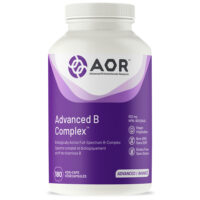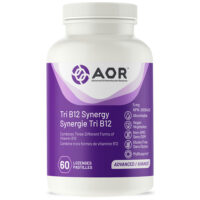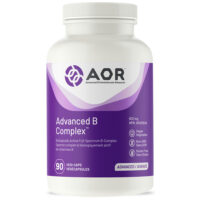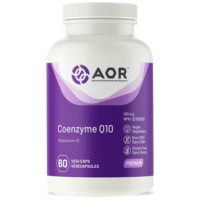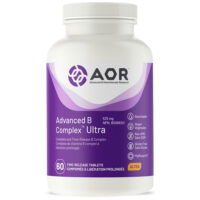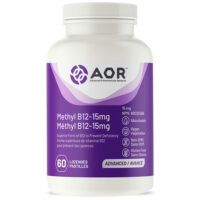One of the most important things you can do you keep your children healthy is getting them to wash their hands. Regular hand washing not only keeps down the number of sticky messes in your house, it also keeps germs from moving from one friend or family member to another. While it may take some work and some prodding, teaching your child proper hygiene will help the health of your family now, and years down the line.
The first step in teaching kids to wash their hands is to make them understand why they’re doing it. No, you don’t need to get technical and talk all about disease, but make sure your kid knows this will help keep them healthy, and remind them how it’s not very much fun to get sick. There are lots of great books and videos out there that will help teach kids about germs without making them afraid.
Just getting your children to wash their hands is great, but it’s also important that they do it right. Be sure to teach them proper technique to keep them as safe as possible.
* Use soap and warm (not hot) water
* Lather hands and rub for at least 20 seconds
* Dry hands thoroughly
* Use a paper towel or washcloth to turn off the water, but not the same one you use to dry your hands
Children are always more likely to do something if you make it fun. You can turn hand washing into a game, or even make up a song for them to sing while they scrub (this also works as a great way to make sure they rub their hands for the full 20 seconds). You could even encourage them to make up their own song or game.
There are all kinds of products out there to help make hand washing, tooth brushing, and general hygiene more fun. There are colorful soaps, foams, and products shaped like your kid’s favorite characters. While they may be a bit more expensive than other soaps, it may be worth the investment if it gets them to wash their hands and be more healthy. You can also try making your own products, like cutting soaps into fun shapes.
Like everything else that’s important, the best way to make sure your kids are washing their hands is to remind them regularly to do it. Before they eat, after they’ve used the restroom, or when they come in from playing. Remind them with a gentle, “Did you wash your hands?” Eventually it will become a habit and you won’t need to remind them anymore.
The last, and probably most important thing you can do to teach good hygiene is to practice it yourself. Wash your hands every time and make sure to do it right. One of the best ways to teach is by example.


